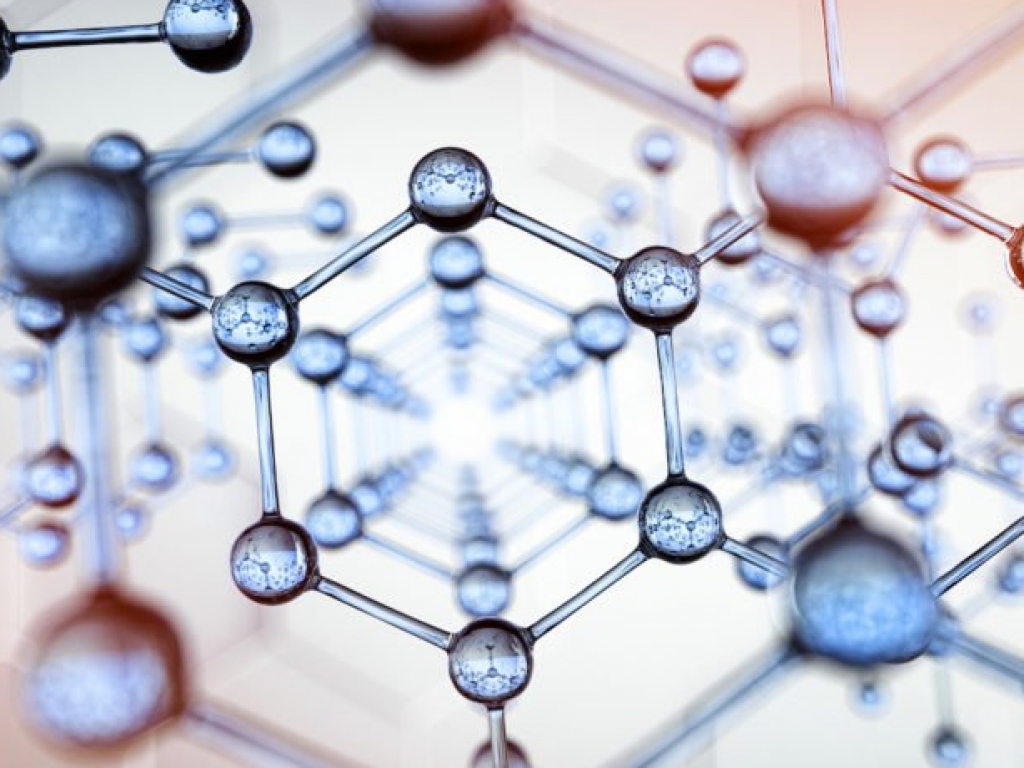Difference between saturated and unsaturated hydrocarbons
08 Maggio 2023

The hydrogen content has an impact on the chemical behaviour of hydrocarbons and gas producers such as Settala Gas and the operators in the sector distinguish hydrocarbons between saturated or hydrogen-rich and unsaturated, in which this element is less present.
Saturated hydrocarbons are generally less reactive than unsaturated ones and among these are paraffin or inert substances. Saturated and unsaturated hydrocarbons are also different in the bonds that link carbon atoms and simple bonds (alkanes). While unsaturated ones are characterized by double or triple bonds, (alkenes and alkynes) characterize the saturated ones. Let discover the details together.
Hydrocarbons - Definition
Saturated hydrocarbons are defined as those in which all carbon atoms are bonded with single covalent bonds and each carbon atom is bonded directly to four other atoms. The fact that all bonds are occupied is shown by the term saturated and these are the simplest and least polar organic natural products, which include methane and propane.
A saturated hydrocarbon burns and generates a blue flame. Given their high flammability and the fact that they release energy, saturated hydrocarbons are used as fuel for vehicles and aircraft. LPG or cooking gas are also saturated hydrocarbons and in particular butane. The combustion of alkanes causes carbon dioxide gas, water vapour, heat and light. Hydrocarbons are usually obtained from fossilized plant and animal material and from crude oil; they are distilled through a refining process.
Unsaturated hydrocarbons - Definition
The term unsaturated hydrocarbon is understood to be the one characterized by at least one double or triple carbon-carbon bond in their carbon chain or ring. Characteristics and properties are similar to those of saturated hydrocarbons, but the chemical properties are different due to the presence of multiple bonds, which increase the reactivity of the unsaturated hydrocarbon.
This is due to the instability of double or triple bonds and the presence of molecular orbitals that generate chemical reactions fundamental for industry. We think of polymerization, which is the basis of the production of many plastic materials such as the polyethylene of which common shopping bags are made or the polypropylene with which the plastic cups are made.
Difference between saturated and unsaturated hydrocarbons
The main difference between the two types of hydrocarbons is given by the fact that the saturated ones contain covalent bonds between carbon atoms, while the unsaturated hydrocarbon has at least one double or triple covalent bond in the main chain. This has some different characteristics.
Among the types of saturated hydrocarbons there are alkanes, while the unsaturated ones are alkenes, alkynes and aromatic hydrocarbons. In terms of reactivity, saturated hydrocarbons are less reactive than unsaturated ones and the combustion of the former generates a non-sooty blue flame, while unsaturated hydrocarbons generate a yellow flame.
At the gas composition level, saturated hydrocarbons have a lower amount of carbon and a high amount of hydrogen. The opposite occurs in unsaturated ones.
The origin is also different: saturated hydrocarbons are obtained from fossilized plant and animal materials, unsaturated ones from plants.
In conclusion, the main difference between saturated and unsaturated hydrocarbons depends on the type of bonds they contain. Saturated hydrocarbons contain only single covalent bonds while unsaturated hydrocarbons contain at least one or more double or triple carbon-carbon bonds. Hence, unsaturated hydrocarbons are more reactive than saturated hydrocarbons.
Whatever type of hydrocarbon you are looking for; Settala Gas has been operating in the hydrocarbon gas distillation and treatment sector since 1996 and manages a specialized production plant capable of satisfying any quality requirement. Contact us for more information!
Contact us for more information about the world of hydrocarbons!
Contact us
Last News




